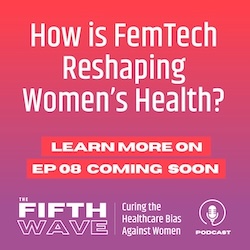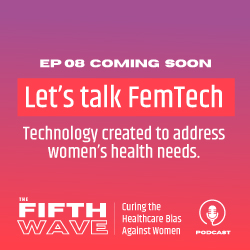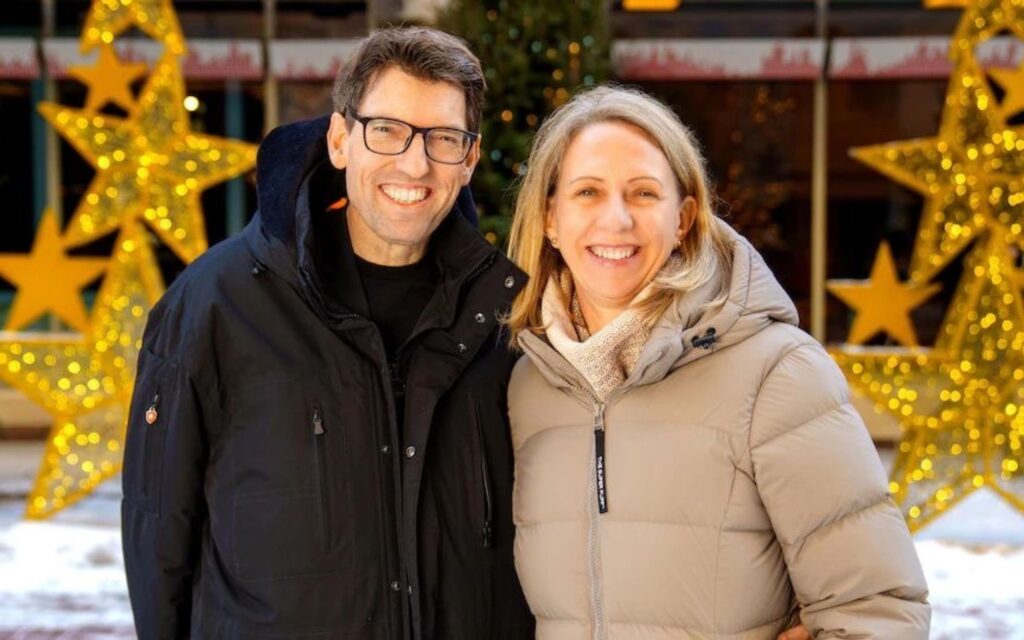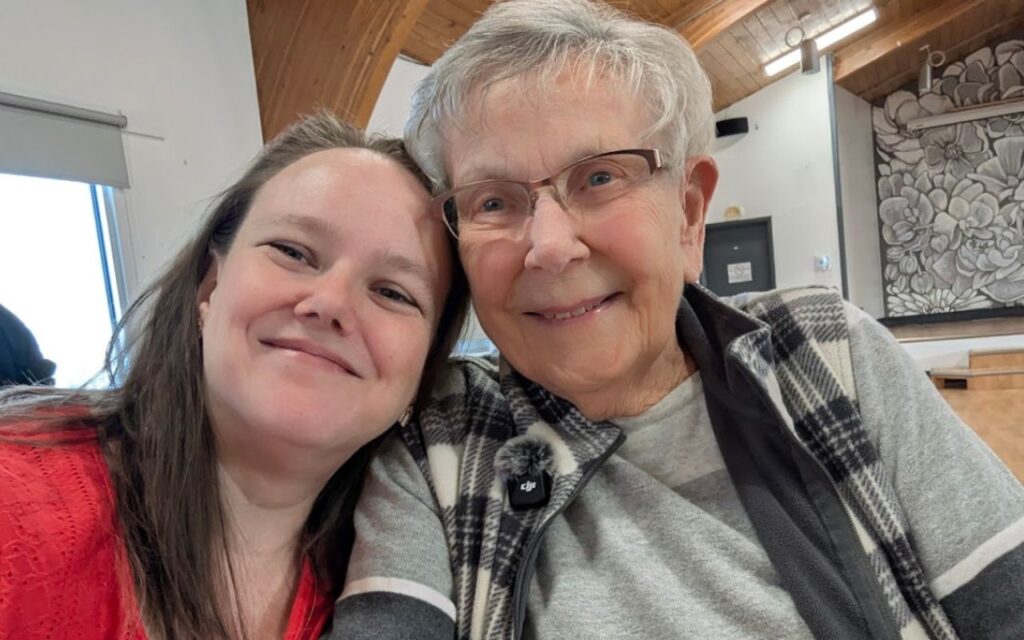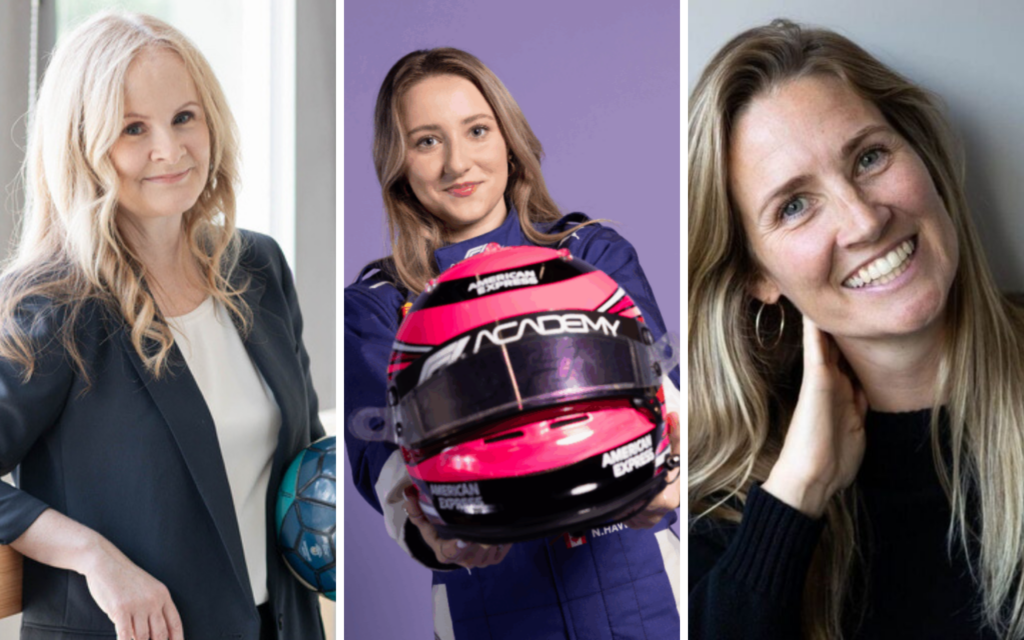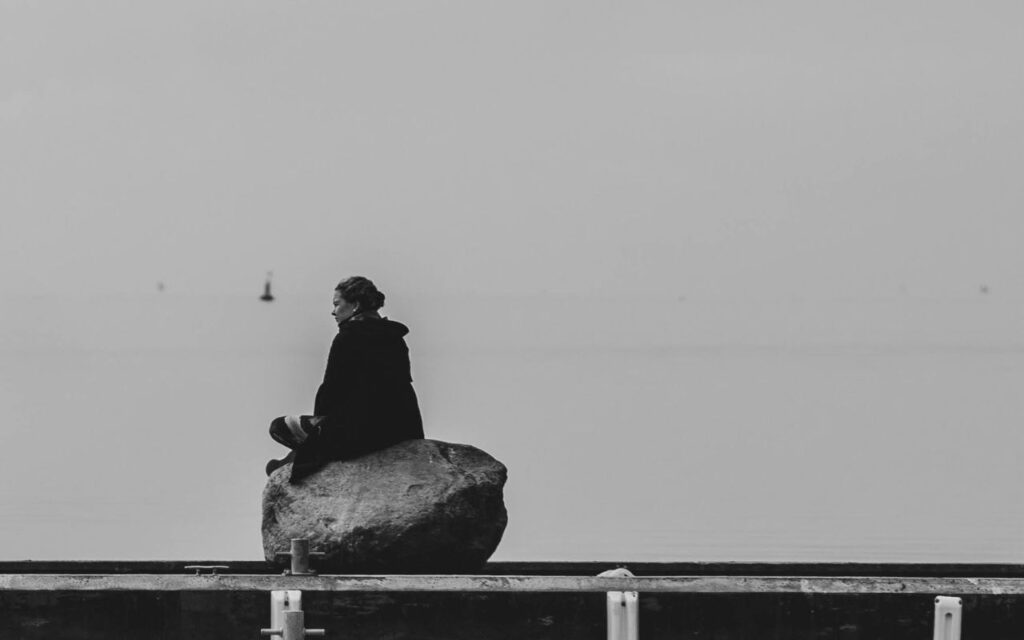
I’m sitting at a conference table, feeling disrespected by a colleague, being talked down to. I start getting in my own head, wondering, “Why do people think they can treat me this way? What did I ever do to them?”
In my life, there are things I’ve understood rationally, but didn’t embrace emotionally. I’ve felt leery of my own self-talk and perpetually susceptible to doubt. I’ve had therapy to deal with some “little-t traumas.” I learned short-term coping strategies, but inevitably I would fall back into old patterns.
All that changed when I was diagnosed with colon cancer in 2017. I had turned 50, and had just reached the pinnacle of my career. Suddenly I was thrust into a club that I had not wanted to join. I kept working, because my typical response to adversity was to stay busy, and dealing with radiation therapy, chemotherapy, doctors, and insurance companies became my second job. I put my head down and plowed through.
When the chemo was ending, and I started on the road to recovery, I realized there was a lot I had not processed, so I went back to a therapist. This time, I told her I wanted to break these cycles. I wanted my life to be different. She suggested EMDR.
Seeking a solution
EMDR stands for Eye Movement Desensitization and Reprocessing. It is a type of psychotherapy that uses eye movements to help people process and heal from traumatic memories. Our initial responses to early traumas become embedded in our neurons, so whenever we encounter a similar situation, our brain is programmed to go down the same response path.
Through EMDR, you are able to revisit the initial trauma and your therapist leads you to look for a different route through it. You open up a new offramp in your brain, so you can bypass the traffic jam and get back on your way.
For me, it meant going back to a situation when I was an adolescent, when a family member put me in a humiliating social situation. The incident became part of family lore, an oft-told story that proffered laughs at my expense. If I ever said it bothered me, I was told I was too sensitive and I should get over it.
Through EMDR, I was thrust back into that event. I examined how I felt and was validated for feeling that way. Then my therapist asked me to look at that incident through the eyes of adult-me, with a more objective perspective.
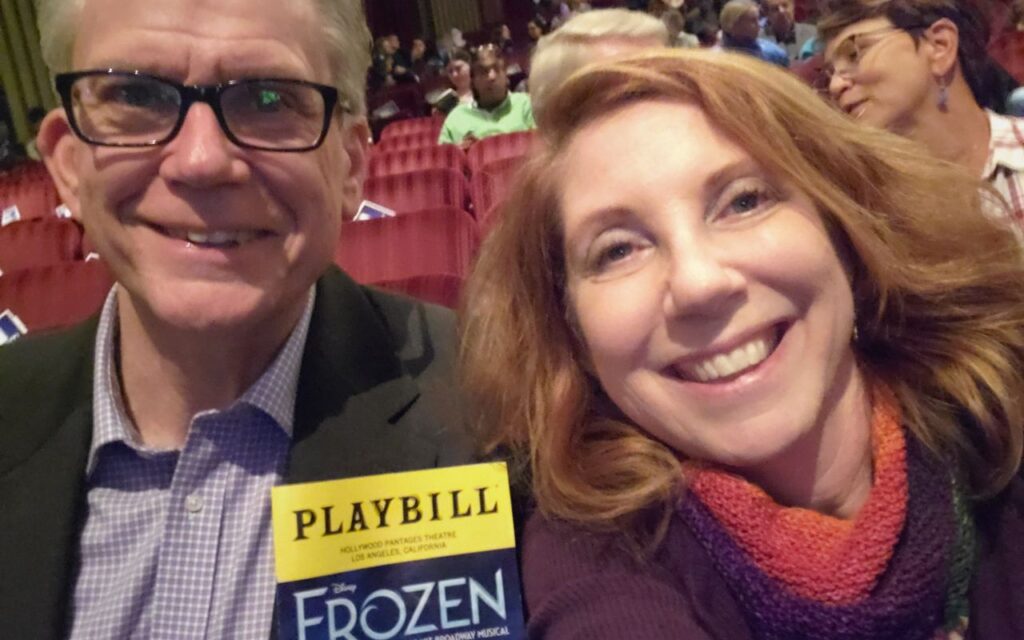
“What do you want to tell that adolescent?” she asked. My answer surprised me: “I would tell her that this was not about you. Your family member was the insecure one, and she used you to mask her own failings.” I finally understood that people’s behaviour towards me said more about them, and actually had nothing to do with me at all. It was liberating. More importantly, the effect was immediate and lasting.
A new chapter
When I next found myself being spoken to with condescension, I was able to tell myself, “This person is projecting their own issues onto you. Just because they put it down, doesn’t mean I have to pick it up.” I suddenly felt free, no longer taking responsibility for other people’s emotional shortcomings.
I started setting better boundaries. After going through a second diagnosis, this time breast cancer, I knew I needed to change my priorities. Rising up the career ladder wasn’t as important as spending time with my family. Staying late at work was a non-starter. I needed to rest and give my body and brain restorative healing time at the end of each day. I couldn’t do that if I was bringing work home or taking on extra projects.
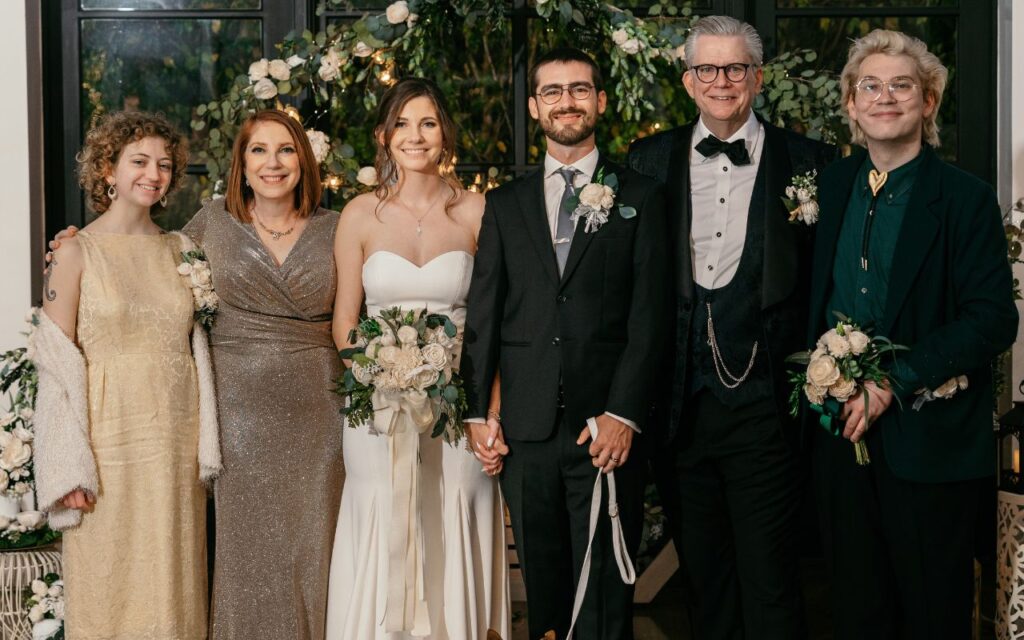
I started saying, “No” more often, and left work-place drama at work. I thought I would lose clout. Ironically, I was treated better. People were respectful of my time, and more considerate. I didn’t take on extra work, so I could devote more attention to my own projects, and finish them on time. It was the opposite of what I had always believed. I was astounded, and empowered.
Now I’ve become a sort of mentor at work. I see younger women making all the mistakes I made, taking things personally, always giving 150 per cent, and feeling burnt out and taken advantage of at the end of the day. I try to tell them, “Don’t wait for a major life scare to change your perspectives.”
I’m eight years out from my initial diagnosis, and five years from breast cancer. Those are big milestones. And while I did not enjoy it, I am grateful for the journey, because those experiences made me different. I really love the person I am, and the life I have, as a result.


